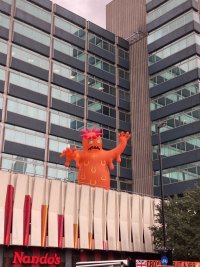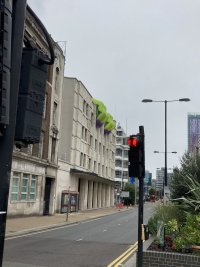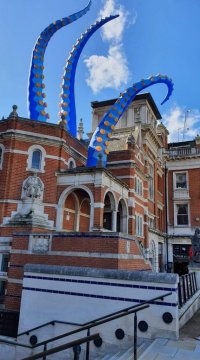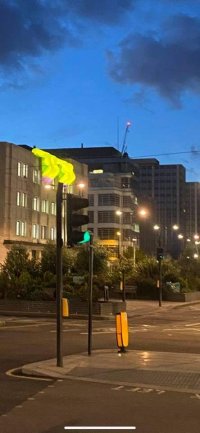Puddy_Tat
naturally fluffy
A mayor is just a figure head and has little power. It's the CEO and councillors who hold the power. I knew someone who was an alderman in Croydon. Not sure what this is or was and even if the post still exists.
Not when they are directly elected. Directly elected mayors take on the role of leader of the Council and can be pretty powerful/influential.
^ that
in most councils, the mayor is mostly a ceremonial role - it's usually a senior councillor from any party on the council who gets to wear a fancy bog chain arrangement round their neck and go round declaring things open. they might get an official car (although a lot of councils abolished that some time ago - Reading council did in 1991, and registration MRD 1 has since been carried on a few generations of the newest bus in the Reading Buses fleet) - although on a hung council, the mayor can get a casting vote (the limp dems managed to run wokingham on 'mayor's casting vote' for a few years a while back) - the majority party's leader of the council tends to be more powerful.
a directly elected mayor does have more executive powers, although i've not really noticed a lot of difference in Lewisham, other than the mayor getting in to the local paper more. you can get situations where mayor is different party to the council or an independent (like the monkey mascot bloke in Hartlepool) - again, i'm not sure how it works if mayor is of different political flavour to council majority party - whether one can over-rule the other, or if it ends up with each one blocking whatever the other is trying to do.
It is possible to have a referendum on abolishing the post of directly elected mayor - Hartlepool has, and there is or was a (thinly disguised local tories) organisation that occasionally surfaces and calls for that in Lewisham.
it's a thing that the major government had been contemplating and the blair government implemented enthusiastically, along with the 'leader + cabinet' system rather than council committees (more here) - I think the general idea was to improve accountability by having a high profile and directly elected mayor, along with a more visible cabinet, rather than a council leader elected by the majority party (or after horse trading among parties if there was no overall control) and a complicated collection of committee / sub-committee chairs. in practice, it can place power in the hands of a small collection of people and shut out the 'back bench' councillors of even the majority party.
i'm not sure i like it...
as for aldermen, they haven't existed in a meaningful form since 1978 in England (they were a bit like the house of lords, as in not elected by the public but by existing councillors) - although councils can still if they want give 'alderman' status (usually to senior councillors - and not sure many do) but they don't have any voting rights unless they continue to be an elected councillor.

















